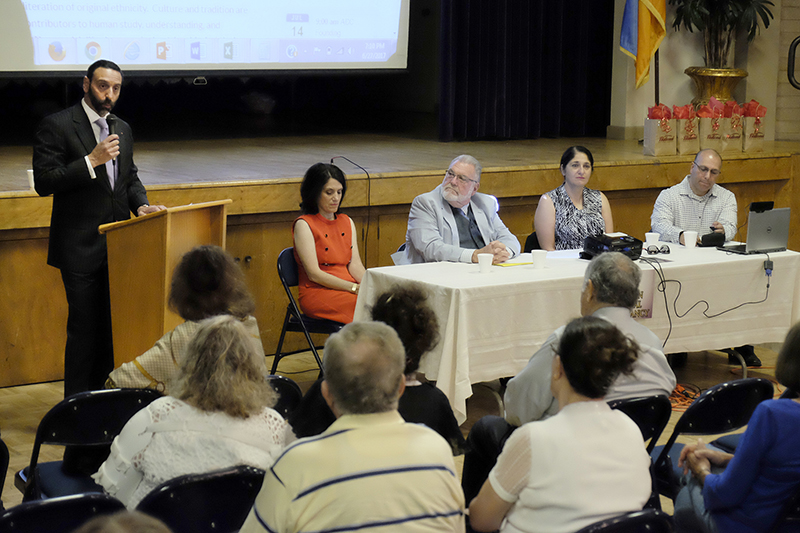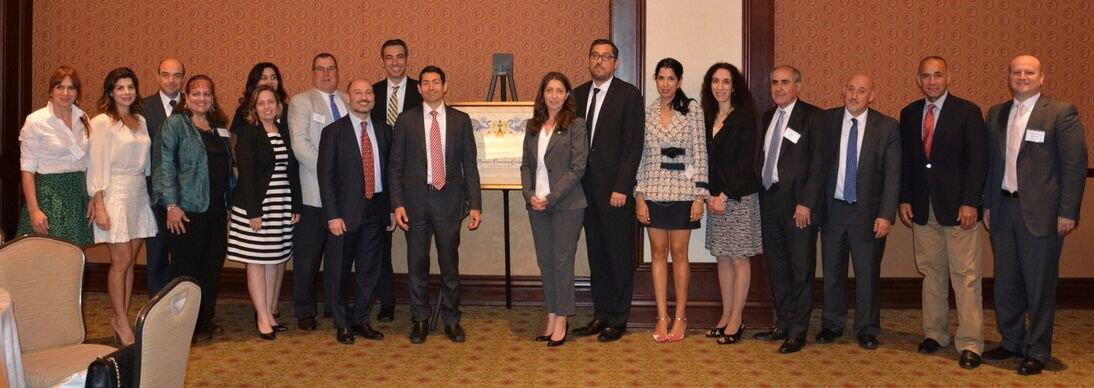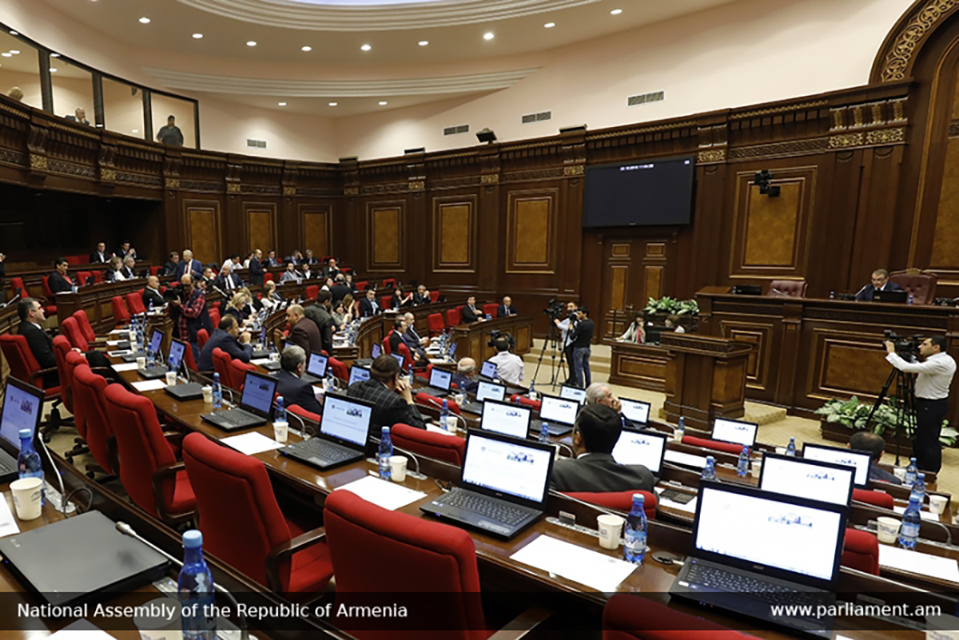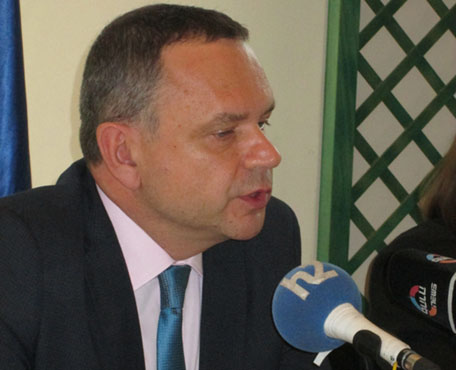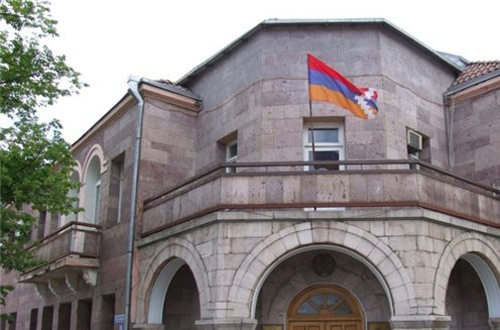By Michael Rettig
The highly anticipated nationwide release of “The Promise” in April sparked a flurry of excitement in the Armenian American community. Armenian organizations across the country rallied in support of the first major Hollywood film to tell the story of the Armenian Genocide to a wide audience. Because of this energy, the film has continued to be a topic of discussion three months after its release. “The Promise” undoubtedly increased awareness of the Genocide, but it is important for Armenians to keep the issue at the forefront of public discourse.
On Tuesday June 27, the Armenian Cultural Conservancy of Fresno hosted a panel discussion on “The Promise” to analyze the importance and lasting impact of the film. The event, cosponsored by St. Paul Armenian Church, was moderated by local attorney Marshall D. Moushigian and included film maker Dr. Carla Garapedian, associate producer of “The Promise”; Dr. Matthew Jendian, Professor and Chair of the Sociology Department at Fresno State; the Fresno County Superior Court Justice Houry Sanderson; and Professor Jack Geiger, professor of Theater Arts at West Hills Community College. The panelists delivered opening remarks and then engaged in a lively discussion with the audience before concluding.
A common theme throughout the evening was the question of whether “The Promise” was an effective vehicle for educating the general public about the Armenian Genocide. According to Professor Geiger, the film’s love story enabled it to attract a wider audience. “If it were only about the facts of the Genocide, it would have been a documentary,” said Professor Geiger, “Like all great stories, the movie incorporates themes we could relate to against the backdrop of significant events.”
Dr. Jendian echoed this sentiment in stressing the unique role that drama plays in fostering empathy in a way history books and documentaries do not. According to Dr. Jendian, the purpose of the film was not to explain why the Genocide happened, but to show the events that took place and stimulate conversation. Successful drama invests the viewer in the characters and inspires them to further research the film’s topic. Dr. Jendian used “The Promise” as an educational tool by assigning his students to write reflections on the film for extra credit. “Their responses revealed a much more nuanced view of the Genocide than our intellectual study in the class produced,” said Dr. Jendian. “They were deeply moved.”
Dr. Garapedian noted that director Terry George was adamant that the film garner a PG-13 rating so it could be shown in classrooms. The panelists unanimously agreed that the film was artistically and educationally more effective because of its subtle dealing with the violence. Professor Greiger appreciated that “The Promise” did not rely on sensational violence to tell its story. “I don’t think anyone who saw the movie left with any doubt about the brutality of the treatment of the victim. Despite this, they were able to keep the PG-13 rating, enabling it to be used for educational purposes.”
One scene that stood out to Judge Sanderson was the arrest of more than 200 Armenian intellectuals in Istanbul. “When you systematically arrest the leaders of a society, it clearly depicts the genocidal intent of the perpetrators,” stated Judge Sanderson. “The film makers were able to portray that event while leaving most of the violence to the imagination.”
The audience was especially curious about the film’s cast, both how they were impacted by the experience and how their involvement affected popular opinion. According to Dr. Garapedian, lead star Christian Bale immersed himself in the history when he accompanied her to the Ararat Eskijian Museum in Los Angeles. There he learned more about the Genocide and the producers’ vision for the film. Bale demonstrated his passion for the role when he appeared on multiple talk shows with fellow co-stars Oscar Isaac and Charlotte Le Bon to promote the film, thus increasing public awareness.
Dr. Garapedian revealed that the producers wanted to cast as many Turkish actors as possible, but many of them refused due to fear of reprisals from the Turkish government. However, Dr. Garapedian noted the actors who played the carriage driver Mustafa and the deputy governor who helped protect the orphans were both Turkish. Dr. Jendian, whose paternal grandmother was adopted and cared for by a Turkish family, appreciated that the film depicted such noble Turks. “Everyone in a society does not embrace Genocide,” said Dr. Jendian. “Without people with a heart for others, many of us would not have survived.”
Reflections such as this panel demonstrate that the Genocide is not only an Armenian issue, but a universal issue that must be continually engaged with. “The Promise” is an important milestone in the effort to educate the public and achieve nationwide recognition of the Armenian Genocide.
Photo by Alain Ekmalian

